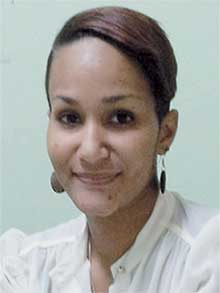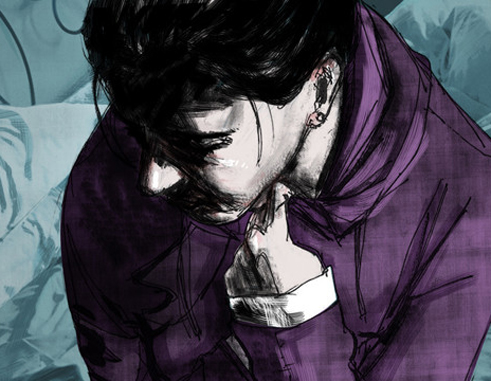
Surviving a traumatic experience often leaves the survivor questioning who they should tell about what they have been through. Many are left worrying about how that news will be received and how it will affect their current relationship/relationships if shared. In many ways our relationships are the cornerstones of our lives; we fear losing them, and we fear change in them, which can make the idea of sharing our traumatic experiences daunting. For that reason, if you have experienced a traumatic event, you may find that you are trying to cope with how the trauma has changed you, while constantly trying to ensure that those close to you aren’t suffering too much, if it all. Throughout this article I will use the term ‘relationships’; to refer to not only intimate partner relationships but also familial and platonic relationships.
First things first: Who do you reach out to after being traumatized? Who do you tell, and how do you tell? You may wonder whether the people closest to you will understand, or even believe you. You may also contemplate whether you will be able to continue these relationships after an event that seems to have turned your entire life upside down. Some people even consider hiding the details, in order to maintain a sense of normalcy. This is different for everyone.
The bottom line is this; trauma changes you. The individual experiencing the trauma has their life forever altered. Their view of the world is different, how they react to the world and to people is different. For a while, you may see danger around every corner and a potential threat in people similar to those who assaulted you. You will be hyper-aware of your surroundings and people in it. You may feel afraid at the thought of opening up to people in your various relationships; you may want to protect them from the details of what you survived. This may be your way of coping and taking control of the situation. Surviving trauma can make you feel vulnerable, but it also puts you on guard because you believe that no one will understand what you are going through. While no two trauma victims go through the same side effects or process their traumas in the same way, many survivors of trauma have an understanding of how trauma affects an individual. Our relationships in life are generally the places where we seek solace; where we find comfort during the difficult times. When trauma interferes with our normal patterns we become very fearful of having changes happen in our relationships, we fear not being believed or supported, we fear that those relationships and the people that have been there for us will not want to believe that we have been traumatized, and will shame us or blame us. We fear that ultimately, they will not want to understand or support us. This threatens to change yet another aspect of our lives in a short space of time.
The sad thing is there is no book that will give you the answers on who to tell, how to tell them or how the individual receiving your story will react. Each one of our relationships is different and unique. While it would be easy to say that only you can judge, the truth is none of us truly knows how someone will take the information we share with them. We can only hope that they will be understanding, that they will support us and want to be there.
Relationships are an important aspect of our lives, and while trying to protect them, you must remember to ensure that this is not at your own expense. Relationships that will support and empower you are the ones worth keeping. Relationships where you are made to feel guilty, ashamed or fearful are not worth holding on to. Remember that you have lived through a traumatic experience, you need a supportive environment. You need people who are going to support you even if they don’t understand how you are hurting, what you have been through or are going through.
Relationships that continue to peel the scabs off your wounds are not healthy, neither are relationships that downplay your pain and suffering. Not even relationships that push you to heal or forgive are necessarily conducive to your healing journey, nor relationships with people who insist they know what is best for you. Healthy relationships listen, support, encourage and empower. Should you share with someone and they are not supportive, please know that you did not do anything wrong. You may have expected them to react differently, and understandingly so, but it is not your fault. The right people will understand, and support without condition. It is also possible to seek counselling services, which also offer a listening ear.
Survivors of sexual violence need a supportive environment to begin the healing process. They need to believe and feel that they are part of a culture that doesn’t support individuals who commit violent sexual crimes. We have to be the difference we want to see in our country. We have to be willing to start to make change. If you are interested in finding out more information about sexual violence and what you can do as part of this community, please feel free to contact PROSAF.





![Simón Bolívar - Liberator of the Americas [Photo credit: Venezuelan Embassy]](https://thevoiceslu.com/wp-content/uploads/2025/12/Simon-Bolivar-feat-2-380x250.jpg)



